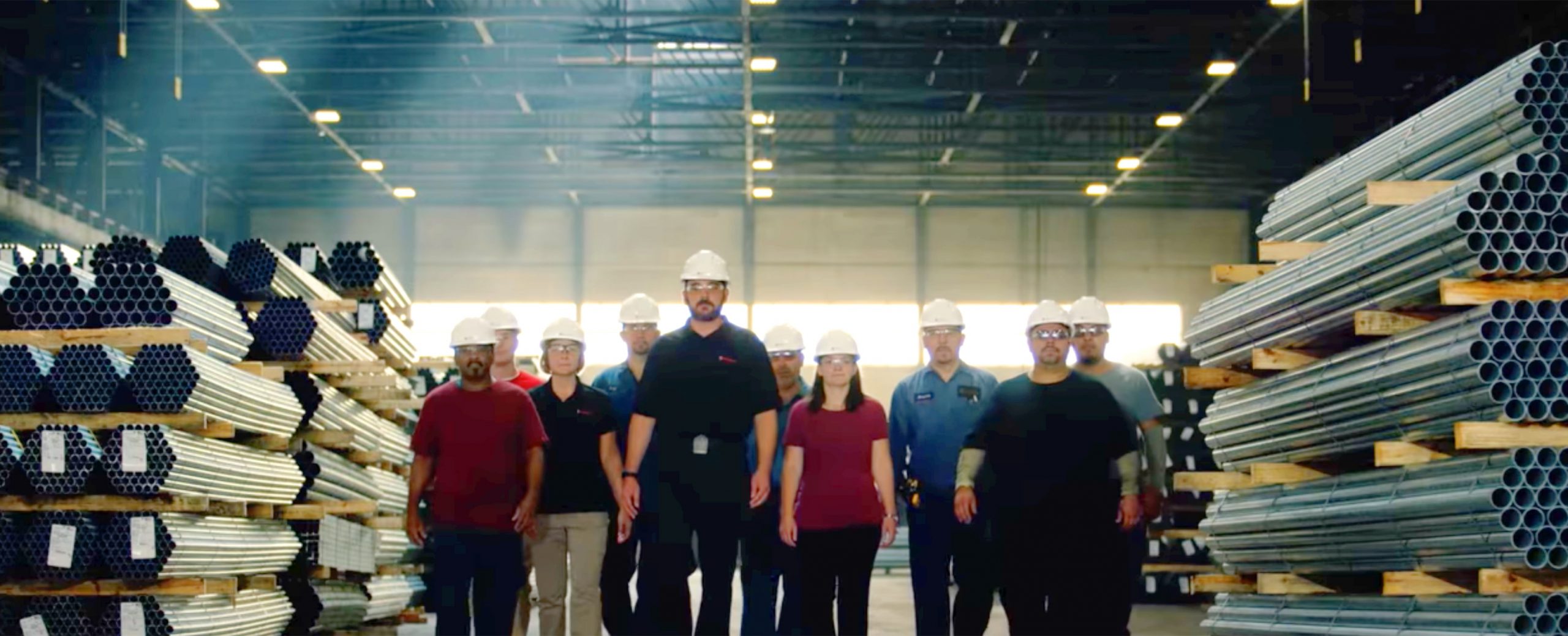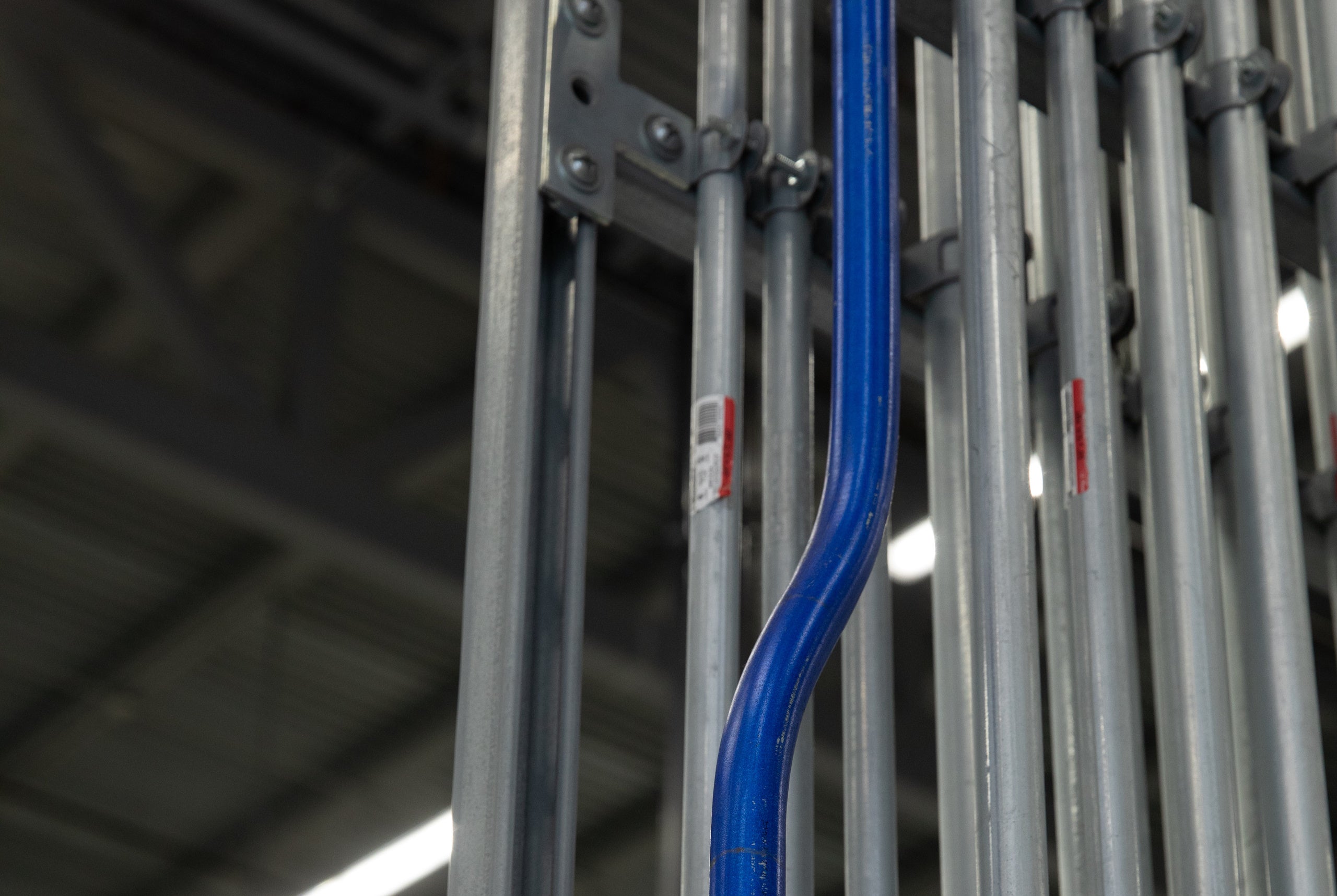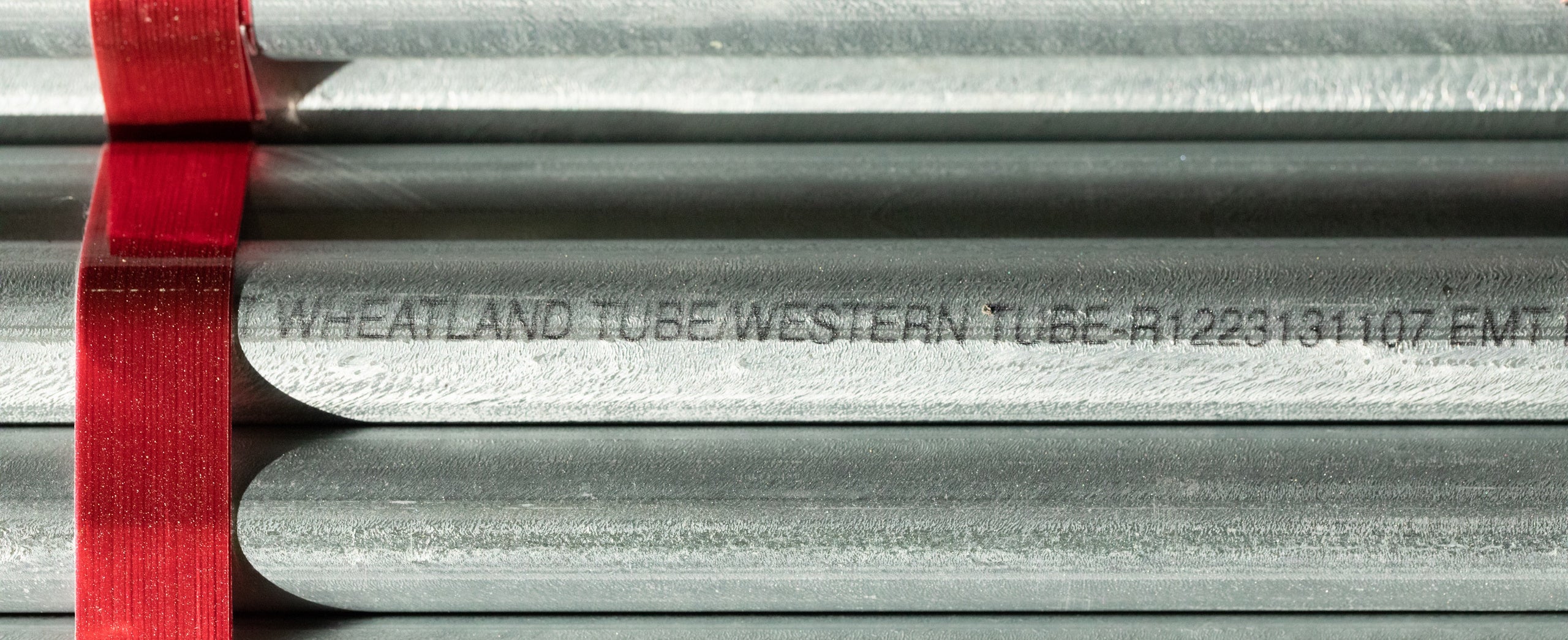Are Free Trade Agreements Fair to Domestic Manufacturing Companies?
According to the U.S. Department of Commerce, “Free Trade Agreements (FTAs) have proved to be one of the best ways to open up foreign markets to U.S. exporters.” FTAs reduce trade barriers for U.S. exports and they “protect U.S. interests and enhance the rule of law in the FTA partner country.” Essentially, this makes it easier and cheaper for U.S. companies to export their goods to U.S. trading partners.
In theory, making it easier to export American goods sounds great, and that’s the line we’re fed. The line that [insert any Free Trade Agreement] will increase U.S. exports by “X” billion, balancing trade deficits, creating jobs and stimulating the economy. However, aren’t they forgetting several important parts of the agreement, including the influx of imports and their effect on employment, wages and the economy?
As demonstrated by past trade agreements, specifically the North American Free Trade Agreement (NAFTA) and the U.S.-Korea Free Trade Agreement (KORUS), we’ve seen thousands of jobs lost and outsourced. We’ve also experienced heightened trade deficits due to the surge of imports coming into the U.S. compared to the exports we’re shipping out. Despite this, our administration is in the midst of negotiating the Trans-Pacific Partnership (TPP); a free trade agreement that could have devastating effects on American companies, workers and the economy.
Let’s take a look at KORUS and NAFTA, the outcomes of these agreements, what they could tell us about future trade agreements like TPP, and whether they are fair to domestic manufacturing companies.
North American Free Trade Agreement
More than 20 years after the implementation of NAFTA, the expectations of the agreement compared to the reality continue to infuriate many Americans.
NAFTA was supposed to create 200,000 new jobs per year through increased exports to Mexico and Canada. However, according to data from the U.S. Bureau of Labor Statistics in 2014, “nearly five million U.S. manufacturing jobs have been lost overall since NAFTA took effect.” Of the five million jobs lost, one out of every four jobs was within the manufacturing sector. (It’s important to note that this number not only reflects jobs lost to NAFTA, but also to outsourced jobs, increased imports as a result of China’s admission to the World Trade Organization in 2000, and the growth in automation within manufacturing.) In addition to the loss of millions of jobs, NAFTA also resulted in increased trade deficits — worth billions of dollars — with both Mexico and Canada.
The results of NAFTA were nearly opposite of what was promised by the Clinton administration, and it was the American people, specifically those employed in manufacturing, who felt it the most.
U.S.-Korea Free Trade Agreement
Similar to the promises of NAFTA, KORUS was supposed to increase U.S. exports and American jobs. The goals set by President Obama of doubling U.S. exports to Korea and adding one million manufacturing jobs in five years is a long way off. By 2013, exports to Korea decreased $3.5 billion (a far cry from the expected export increase between $10 and $11 billion in goods), while imports from Korea grew to$2.3 billion. This resulted in a trade deficit increase of 39.8 percent in the year following the agreement.
And those jobs promised? We haven’t seen any as a result of KORUS, likely due to the decrease in exports. In trade it’s pretty simple, an increase in exports results in an increase in jobs, whereas an increase in imports results in a loss of jobs. Unfortunately, we’re experiencing the latter.
The Trans-Pacific Partnership and Manufacturing Jobs
Although many U.S. manufacturing companies have reshored operations over the past several years, thus increasing available manufacturing jobs, it remains to be seen if the upward trend will continue with the implementation of TPP.
To create more manufacturing jobs for Americans, there has to be demand for the goods. As it stands, manufacturing and the steel industry are battling an intense influx of imported steel products. With imports reaching “near-record levels” in 2014, many U.S. steel plants and companies are feeling the pressure. As are the men and women who’ve lost their jobs due to the flood of import products driving prices down significantly.
Pending the completion of the TPP, American companies and their workers face even more uncertainty. And this uncertainty is not only driven by the idea that past free trade agreements have resulted in increased imports, but also because we don’t know any details of this trade agreement. We’ve been kept in the dark, and other than the leaked TPP sections, we don’t really know what the rest of this 29 chaptered trade deal entails.
Past experiences and results are often a strong indicator of future results, especially when similar models are implemented. Why do we expect anything different from TPP? We’d be foolish to think new FTAs will result in an increase of jobs and exports. They haven’t in the past.
Is it fair?
One of the important questions we must ask ourselves about free trade agreements is whether they’re fair to U.S. companies, and specifically domestic manufacturing companies.
As a sector, manufacturing has felt the residual effects of NAFTA and KORUS, among other trade agreements. Not only have we had to suffer through job displacement and layoffs, we’ve also had to compete with countries “dumping” their products and selling goods at prices far below market value. In fact, the countries inundating the U.S. with imported products often sell them at a price far below the cost to make them.
Let’s take the recent OCTG trade case against South Korea, Turkey, India, Taiwan, Ukraine and Vietnam, for example. In 2013, U.S. steel companies banded together to lodge a complaint against the above countries for the flood of imported steel pipes used in the energy sector. A booming time for energy, these countries took advantage by importing and dumping steel pipe at a price we couldn’t compete with. Imports doubled in 2013, according to the American Iron and Steel Institute, accounting for almost two-thirds of the domestic market.
The Commission ruled in favor of U.S. manufacturing companies and duties were placed on OCTG imports. Incredibly, imports have continued to increase and rose to record levels for the first two months of 2015. This unfortunately occurred as demand for OCTG products collapsed with the price of oil falling by more than 50 percent, resulting in almost a year’s supply of inventory sitting on the ground. Korea was by far the largest importer of record, responsible for almost half of all imports. Thank you KORUS!
Currently, U.S. steel companies are pushing for protection for other steel products. In 2014, steel imports were up 85 percent compared to 2010, being sold at unfair market prices. Domestic companies can’t compete with state-owned enterprises in China, which has resulted in layoffs across the country.
As an industry, we are lobbying for trade agreement verbiage that supports anti-dumping and countervailing duties, and discourages the manipulation of currency. Free trade is not necessarily fair trade. We support free AND fair trade, just don’t forget the fair part.
We have to do more to support domestic manufacturing companies (and other U.S. businesses). This should start with protecting them from trade agreements that undercut their efforts to add jobs and stimulate the economy. We have to make our voices heard in Washington, D.C.; it’s the only way for our government to truly understand the challenges domestic manufacturing companies face when free trade agreements are passed without focusing on fair trade.

There’s nothing better than building something you believe in.
Zekelman companies are in constant motion, expanding our teams and challenging convention.
"*" indicates required fields




